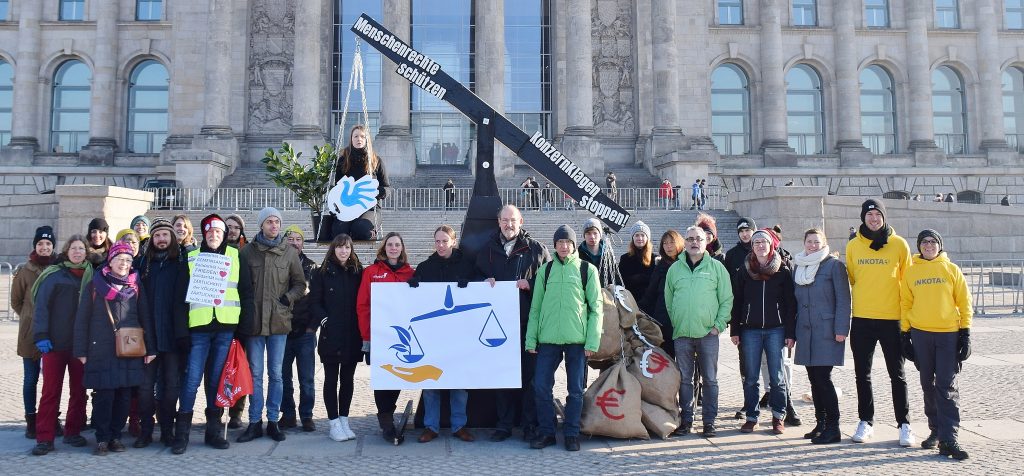This Wednesday, 13th February, Members of the European Parliament will vote on a controversial investment deal between the EU and Singapore. This treaty is very similar to the investment chapters of CETA, the unpopular trade deal between the EU and Canada which outraged people all over Europe in 2015 and 2016.
CETA made the news for a lot of reasons: the refusal of Wallonia to ratify it, the lack of transparency of its negotiations, its impact on the environment and climate change, etc. The deal is officially not yet ratified, as it has not been approved by all the EU Member States (only 12) and the European Court of Justice has not tabled whether this EU version of ISDS (Investor-State Dispute Settlement) is compatible with EU law.
ISDS, a parallel justice system for rich individuals and multinationals, is still being heavily contested today. An alliance of over 150 European organisations, trade unions and social movements launched a petition in January 2019 to demand an end to ISDS, including the EU-Singapore investment deal. The petition has collected over 400,000 signatures until today.
Nonetheless, Europe is on the way to expanding this flawed system further. On Wednesday, members of the European parliament will vote on an investment agreement between the EU and Singapore, an EU ISDS deal. The agreement, when in force, will provide rich individuals and powerful multinationals with the right to sue European countries and Singapore if a government passes a law, e.g. to restrict a dangerous chemical or to limit CO2 emissions.
In a parallel legal system called ICS (Investment Court System, which is basically a rehash of ISDS), companies have managed to charge governments millions of Euros when certain environmental laws were enacted which impacted their profits. The system might have recently changed its name, but it has not changed its essence.
If the deal is ratified, there is no limit to the amount of money EU and Singapore investors and law firms could pocket if government passes new environmental and climate rules. According to the UN, if a State loses against a multinational or a rich individual, it is made to pay on average 545 million dollars.
Furthermore, unlike CETA, the EU-Singapore investment courts will also apply for disputes based on a contract between a city or a region and a multinational. The city of Hamburg already lowered environmental standards due to an ISDS threat at the local level.
For all those reasons, and for many more, Friends of the Earth Europe is asking MEPs to vote against the EU-Singapore investment agreement and for a brighter future for democracy and the planet.







